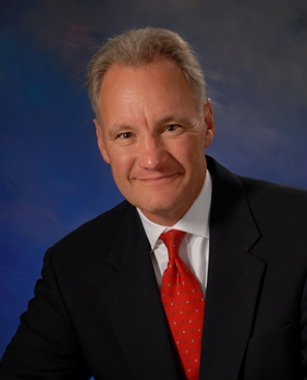Total Depravity 6
If fallen man is so radically corrupted by the fall, how do we explain and understand free will? Augustine affirmed that fallen man possesses free will, but lacks or has lost the freedom or liberty Adam and Eve enjoyed with God prior to the fall. Fallen man can and does make choices, but he lacks the ability and desire to be spiritually obedient. The free choices fallen man makes are proportionate to his innate desires, and fallen man’s natural and instinctive desire is to sin.
Calvin agreed with Augustine. He articulated that man has free will. However, Calvin did not mean fallen man can freely choose between good and evil, but rather that fallen man chooses to sin voluntarily and is not compelled to do so by any influence outside of the man. The fallen sinner is not forced to sin but delights in his sin.
In the book What is Reformed Theology, Dr. R.C. Sproul explains:
Though Calvin affirmed that we are able to choose what we want, he regarded the term free will a bit grandiose for the matter. The title is rooted in human pride. We like to think we have more moral power than we do. We think our will is utterly unaffected by the original sin. That is the cardinal point of humanism. The humanistic and pagan view of free will is that the will acts from a posture of indifference. By indifference we mean that the will is inclined to neither good nor evil but exists in a state of moral neutrality. The mind of fallen man has no bias, not predisposition to evil. This view of free will is on a collision course with the biblical view of sin.
In 1754 Jonathan Edwards published The Freedom of the Will, which although it was written long before the modern debate over Open Theism, thoroughly answers and demolishes the errors of this view.
One of the authors that Edwards was refuting was Daniel Whitby, an Arminian minister in the Church of England. Mr. Whitby was known for being strongly anti-Calvinistic, and later gave evidence of strong Arian and Unitarian tendencies. In 1710 he had written his Discourse on the Five Points [of Calvinism]. What Edwards interacted with most was the fourth discourse on “The Liberty of the Will of Man in a State of Trial and Probation.”
Whitby’s statement, “It is better to deny prescience [foreknowledge] than liberty.” He also said that it is better to say that God does not know the future or that God both does and doesn’t know the future. One can see the “Openness of God” theology in these statements three hundred years ago.
Edwards responded in The Freedom of the Will that man freely chooses whatever seems good to him, but that what seems good to him is always based on an inherent predisposition. That inherent predisposition has been foreordained and predestined by a sovereign God who does not inhibit man’s ability to freely choose from a limited menu. For Edwards the issue regarding a totally free will is a simple one: either possibility or the liberty of self-determination must be run out of this world, or God will be shut out.





















